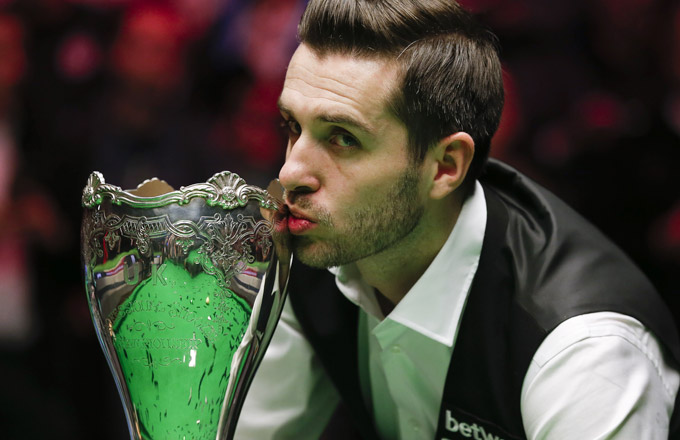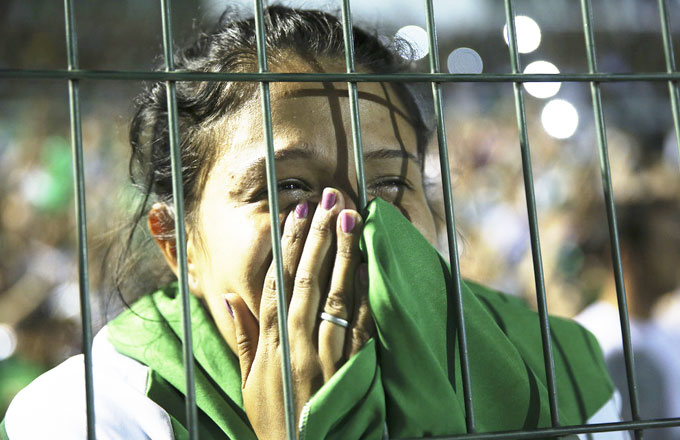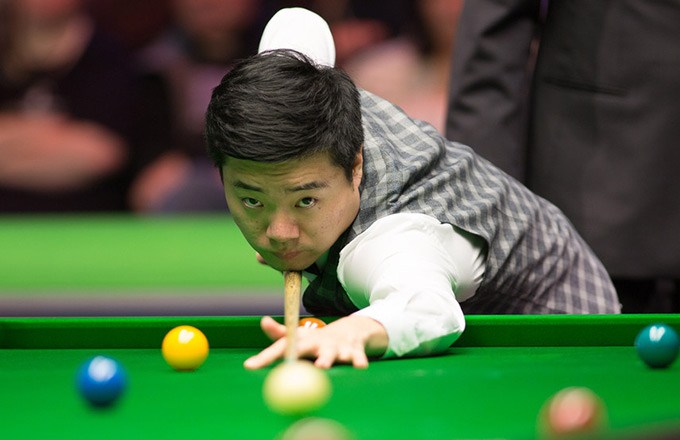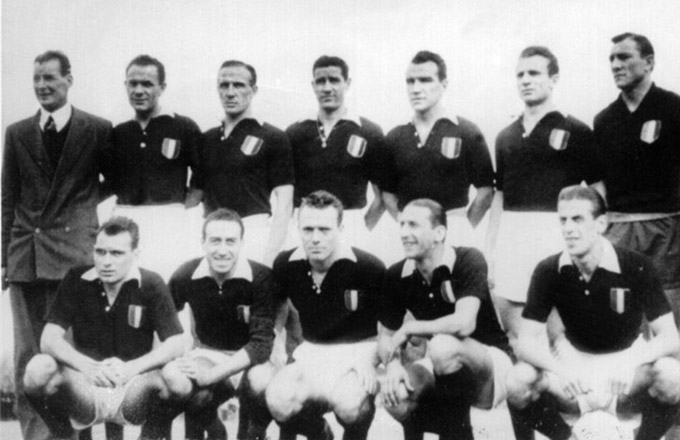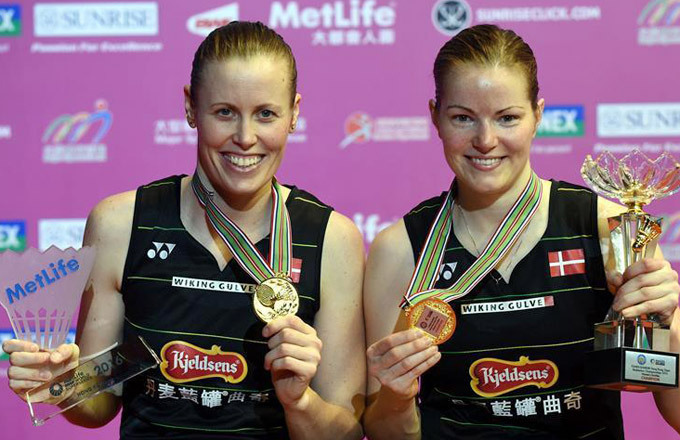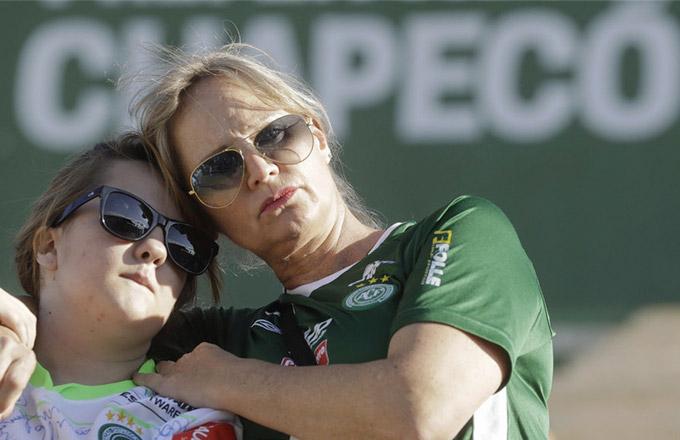IAAF special congress passes president Coe's reforms
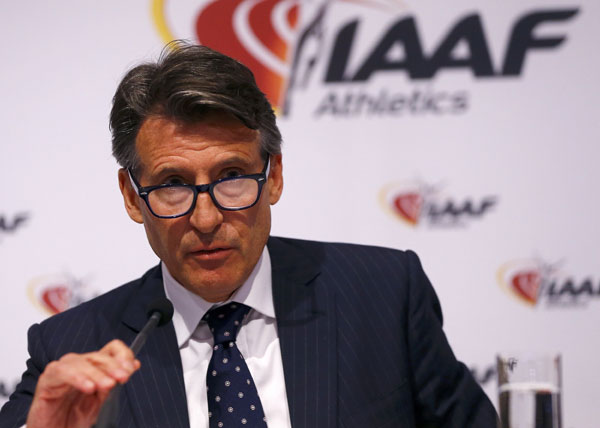 |
|
IAAF President Sebastian Coe attends a news conference after the International Association of Athletics Federations (IAAF) council meeting in Vienna, Austria, June 17, 2016. [Photo/Agencies] |
MONTE CARLO -- An IAAF special Congress in Monaco overwhelmingly adopted on Saturday a reform package drawn up by president Sebastian Coe.
Some 197 of 213 member federations were present for the vote, which resulted in 182 for, 10 against and five invalid for Coe's reform expected to change the structure of the athletics' world governing body.
"This is a very important moment in the history of our sport," said Coe, who took office in 2015 after the selection held during the world championships in Beijing.
Coe's proposals, which dedicate to move the sport forward from its tainted past, emphasize on establishing new independent anti-doping, integrity and disciplinary functions along with a greater voice for athletes in the organisation and more gender balance.
The reforms also give more governance power to the IAAF Executive Board, in nodding to the abuse of the presidency of disgraced former president Lamine Diack, who's currently under investigation by French authorities on corruption and money-laundering charges.
As outlined in the 'Time For Change' document, two constitutions were voted on as part of one vote at the Special Congress. The 2017 Constitution enables integrity related reforms to be implemented next year, while the 2019 Constitution brings in the remainder of the reforms.
"We're putting in place a framework that should have been there years ago," said Coe, telling members that they should all feel "violated" given the amount of money that had been siphoned off instead of having been "used for the development of athletics."
Since Coe took over the presidency, the IAAF has been mired in the fall-out from Diack's corruption scandal and Russia's doping issues, which led the ruling body to ban the Russian athletics federation and its athletes from participating in this year's Rio Olympics.
What's unexpected at the end of the vote was that the detailed results were displayed on a big screen, showing that the 10 against votes came from Benin, Bahrain, Chad, Gambia, Kazakhstan, Saudi Arabia, Laos, Malaysia, Sri Lanka and Thailand, and the five invalid were from Jamaica, Oman, Senegal, Ukraine and Uzbekistan.




